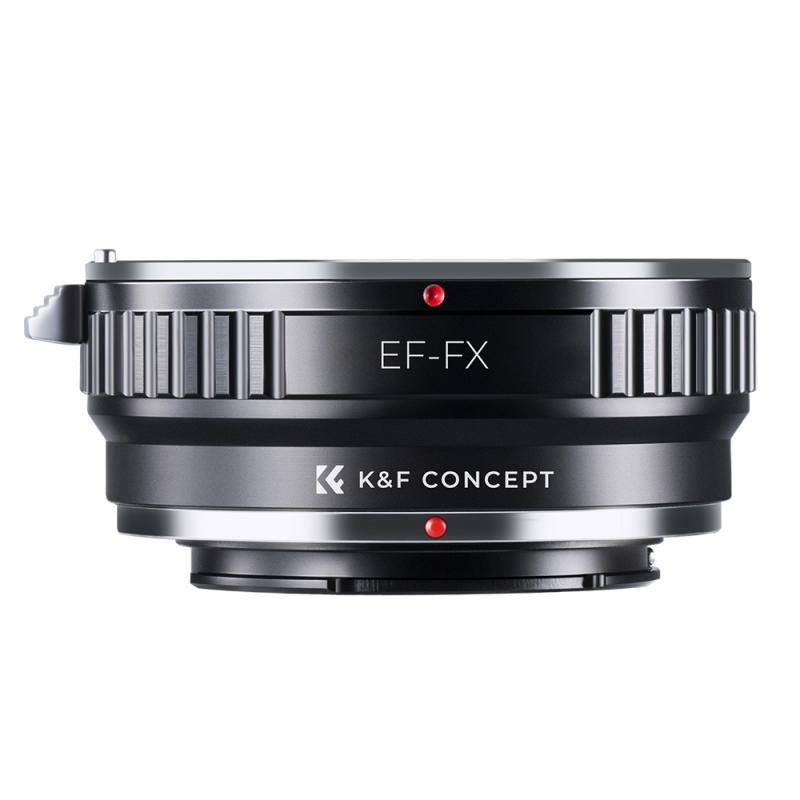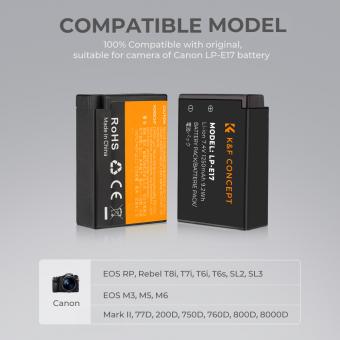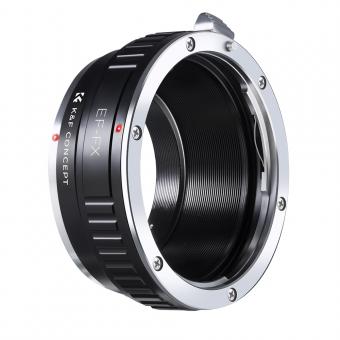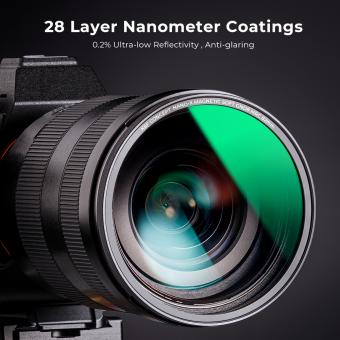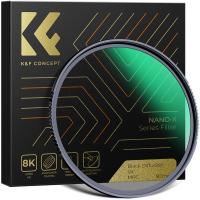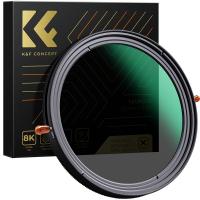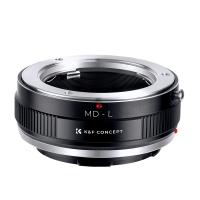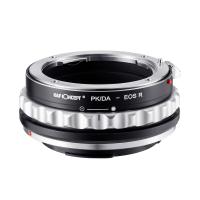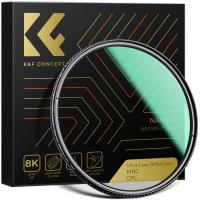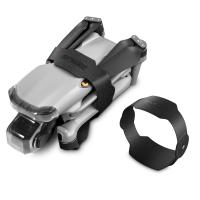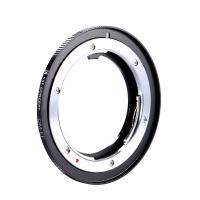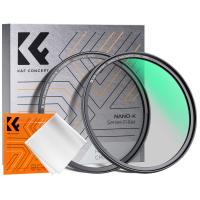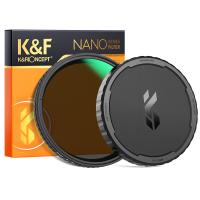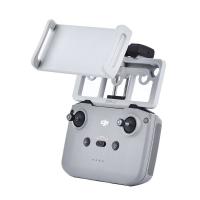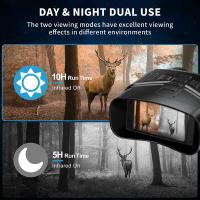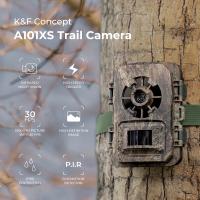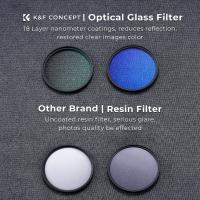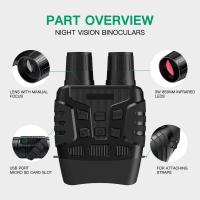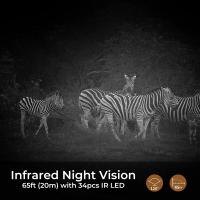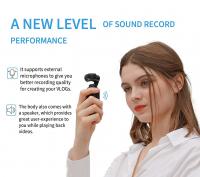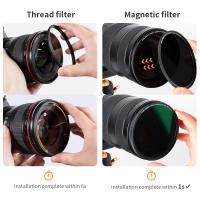What Is An Efs Lens ?
An EF-S lens is a type of lens designed specifically for Canon EOS cameras with APS-C sized image sensors. These lenses are not compatible with Canon's full-frame cameras. The "EF-S" designation stands for "Electro-Focus Short-back focus," referring to the shorter back focus distance required by the smaller APS-C sensor. EF-S lenses have a smaller image circle compared to EF lenses, which allows for a more compact and lightweight design. They typically offer a wide range of focal lengths, from wide-angle to telephoto, catering to various photography needs.
1、 Definition and Overview of EF-S Lens in Photography
An EF-S lens, in the context of photography, refers to a type of lens specifically designed for Canon EOS cameras with APS-C sized image sensors. The "EF" stands for "Electro-Focus," which indicates that the lens has an electronic autofocus mechanism, while the "S" denotes "Short back focus." This short back focus distance allows the lens to be physically closer to the image sensor, resulting in a more compact and lightweight design.
EF-S lenses are exclusively compatible with Canon APS-C sensor cameras, such as the EOS Rebel series and the EOS 7D. They cannot be used on full-frame cameras, as the larger image sensor would obstruct the rear elements of the lens. However, EF-S lenses can be used on full-frame cameras in a cropped mode, where only the central portion of the image sensor is utilized.
These lenses offer a wide range of focal lengths, from ultra-wide-angle to telephoto, catering to various photographic needs. They are particularly popular among beginners and enthusiasts due to their affordability and versatility. EF-S lenses often come as kit lenses with entry-level Canon DSLRs, providing users with a good starting point for different types of photography.
It is worth noting that Canon has also introduced a new line of lenses called EF-M, specifically designed for their mirrorless cameras with APS-C sensors. These lenses are not compatible with Canon DSLRs, including those with APS-C sensors.
In conclusion, an EF-S lens is a type of lens designed for Canon APS-C sensor cameras, offering a compact and lightweight design, a wide range of focal lengths, and affordability. It provides photographers with a versatile tool for capturing various types of images.
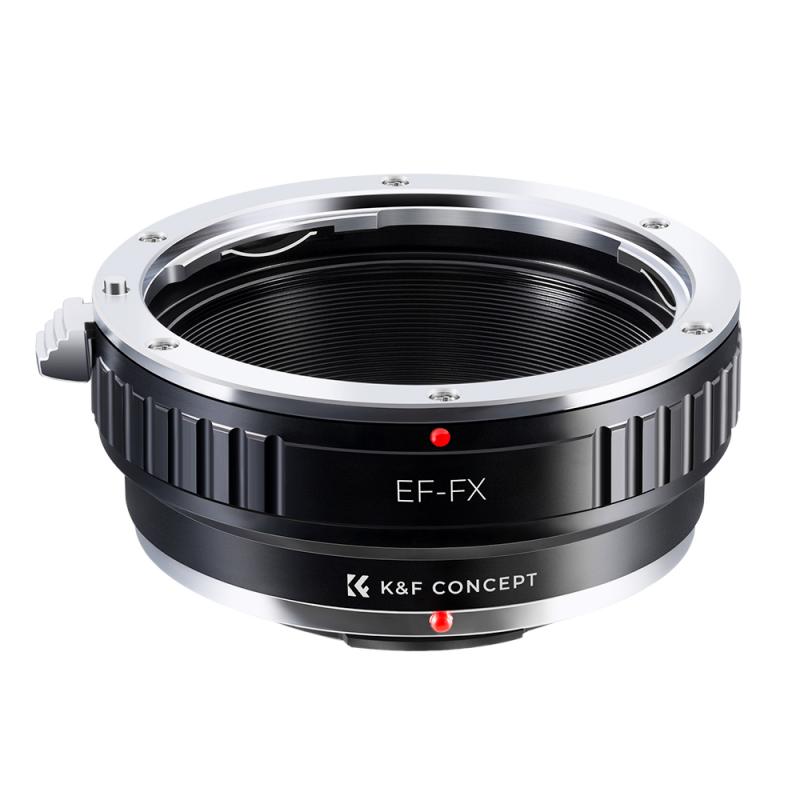
2、 EF-S Lens Compatibility with Canon DSLR Cameras
An EF-S lens is a type of lens designed specifically for Canon DSLR cameras with APS-C sized image sensors. The "EF" stands for Electro-Focus, which refers to the autofocus system used in Canon lenses, and the "S" stands for Short-back focus, indicating that the lens is designed to be smaller and lighter than traditional EF lenses.
EF-S lenses are compatible with Canon DSLR cameras that have an EF-S lens mount, which includes most entry-level and mid-range models. These lenses cannot be used on Canon full-frame DSLR cameras, as they have a different lens mount.
One of the main advantages of EF-S lenses is their compact size and lightweight design. This makes them ideal for photographers who want a portable and versatile lens for everyday use. EF-S lenses also tend to be more affordable compared to their EF counterparts, making them a popular choice for beginners or photographers on a budget.
It is worth noting that Canon has recently introduced a new line of mirrorless cameras with the RF lens mount. While EF-S lenses cannot be directly mounted on these cameras, Canon offers an EF-EOS R mount adapter that allows EF-S lenses to be used on RF mount cameras.
In conclusion, an EF-S lens is a specific type of lens designed for Canon DSLR cameras with APS-C sized sensors. They offer a compact and lightweight design, affordability, and compatibility with a wide range of Canon DSLR models.
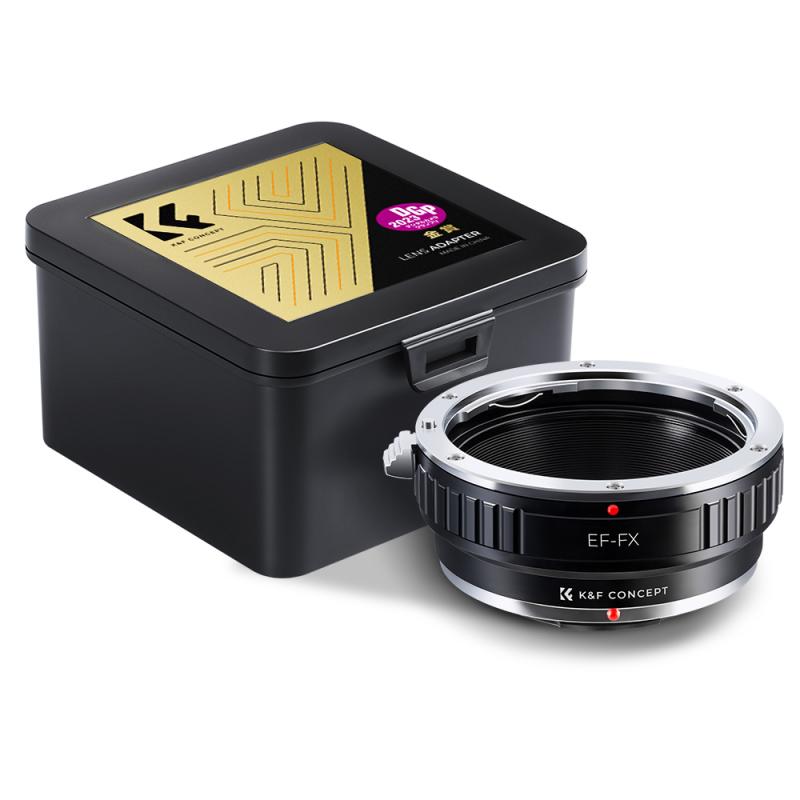
3、 Key Features and Advantages of EF-S Lenses
An EF-S lens is a type of lens designed specifically for Canon EOS cameras with APS-C sized image sensors. The "EF" stands for Electro-Focus, which refers to Canon's autofocus system, and the "S" stands for "short back focus," indicating that the lens is designed to be closer to the image sensor.
One key feature of EF-S lenses is their compatibility with APS-C cameras. These lenses are designed to project an image circle that matches the smaller size of the APS-C sensor, resulting in a more compact and lightweight lens compared to EF lenses. This makes EF-S lenses ideal for photographers who value portability and want to minimize the weight of their camera gear.
Another advantage of EF-S lenses is their affordability. Due to their smaller size and simpler construction, EF-S lenses tend to be more budget-friendly compared to their EF counterparts. This makes them a popular choice for entry-level photographers or those on a tighter budget.
Additionally, EF-S lenses often offer a wider angle of view compared to EF lenses. This is because the smaller APS-C sensor crops the image, effectively increasing the focal length of the lens. This can be advantageous for landscape, architecture, or group photography, where a wider field of view is desired.
It is important to note that EF-S lenses are not compatible with full-frame Canon cameras. However, Canon offers a wide range of EF-S lenses to cater to the needs of APS-C camera users.
In conclusion, EF-S lenses offer key features and advantages such as compatibility with APS-C cameras, affordability, and wider angle of view. These lenses provide photographers with a versatile and cost-effective option for capturing high-quality images.
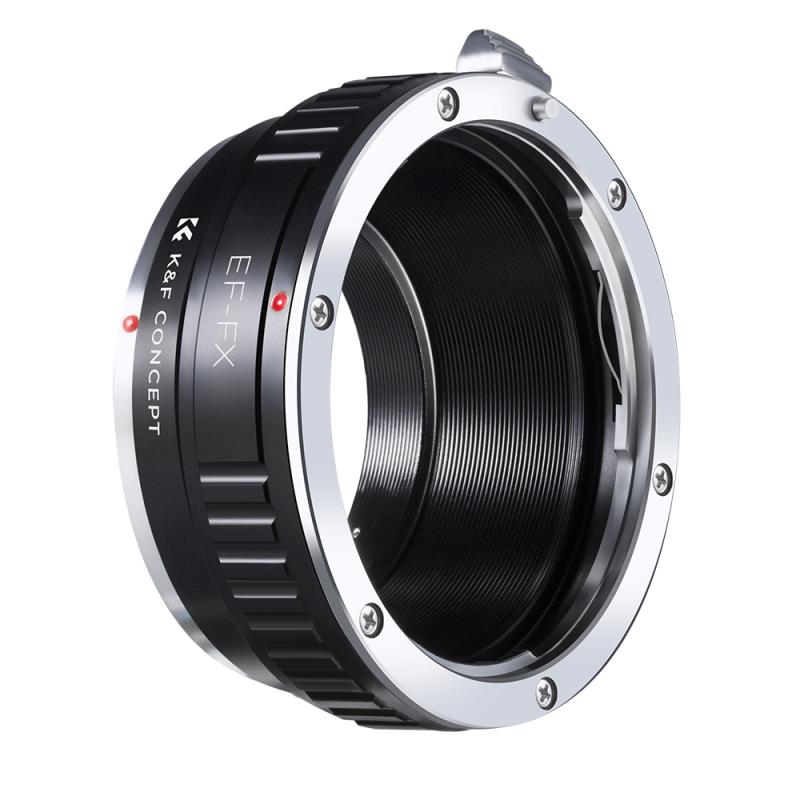
4、 EF-S Lens vs. EF Lens: Understanding the Differences
An EF-S lens is a type of lens designed specifically for Canon APS-C sensor cameras. The "EF" stands for "Electro-Focus," which refers to Canon's autofocus system, and the "S" stands for "Short-back focus," indicating that the lens is designed to be closer to the image sensor.
EF-S lenses are smaller and lighter than EF lenses, making them more compact and portable. They are also generally less expensive than their EF counterparts. However, the main difference between EF-S and EF lenses lies in their compatibility with different camera bodies.
EF-S lenses are only compatible with Canon APS-C sensor cameras, such as the EOS Rebel series or the EOS 7D. They have a smaller image circle, which means they only cover the smaller APS-C sensor size. This limitation means that EF-S lenses cannot be used on full-frame cameras like the EOS 5D or EOS-1D X.
On the other hand, EF lenses are compatible with both APS-C and full-frame cameras. They have a larger image circle that covers the full-frame sensor size. This versatility allows photographers to use EF lenses on any Canon DSLR, regardless of the sensor size.
It's worth noting that Canon has recently introduced the RF mount for its mirrorless cameras, which is not compatible with EF-S lenses. However, with the use of an adapter, EF lenses can be used on RF mount cameras.
In summary, an EF-S lens is a lens designed for Canon APS-C sensor cameras, offering a more compact and affordable option. However, it is important to consider the compatibility limitations when choosing between EF-S and EF lenses.
